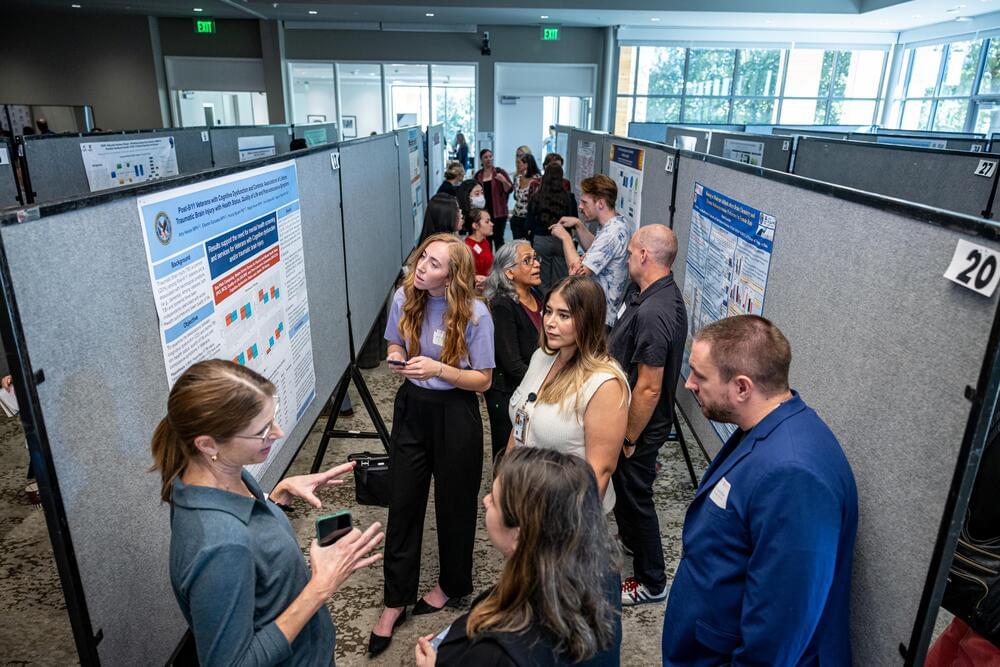Protecting Human And Animal Health — Dr. Tristan Colonius, DVM — Chief Veterinary Officer & Deputy Director for Science Policy, Center for Veterinary Medicine (CVM), U.S. Food and Drug Administration (FDA)
Dr. Tristan Colonius, DVM is the Chief Veterinary Officer and Deputy Director for Science Policy at FDA’s Center for Veterinary Medicine (CVM — https://www.fda.gov/animal-veterinary).
Dr. Colonius previously worked in various positions at FDA, including as Deputy Chief of Staff to Commissioner Dr. Robert Califf and as an International Policy Analyst.
During his career at FDA, Dr. Colonius has been working on numerous initiatives including the Animal and Veterinary Innovation Agenda, One Health, Intentional Genomic Alterations in animals, and zootechnical animal feed substances (ZAFS) among many other programs at CVM.
Prior to joining FDA, Dr. Colonius held positions in the US Senate and US Department of Agriculture.




